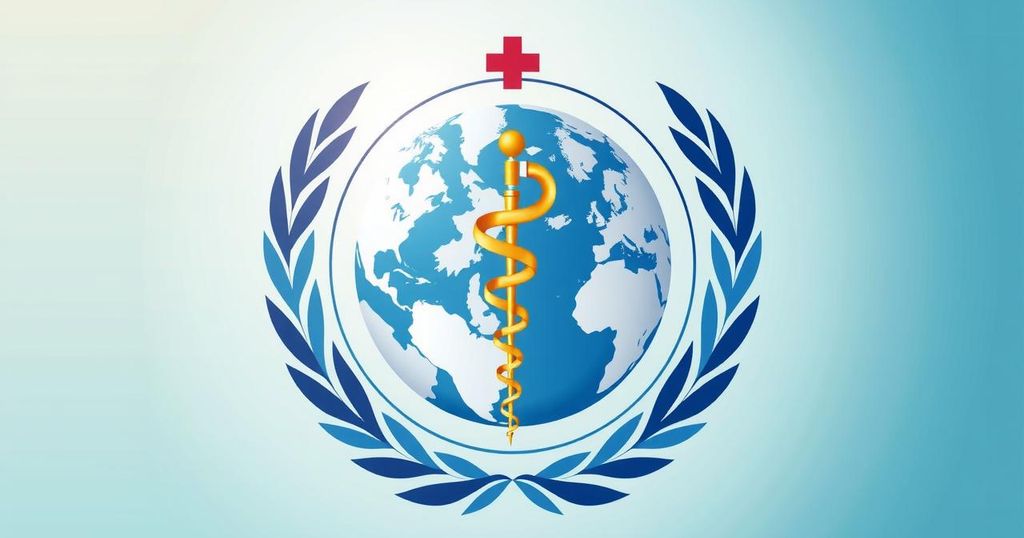Reasons Behind the US and Argentina’s Withdrawal from the WHO

The United States and Argentina have announced intentions to withdraw from the WHO, citing dissatisfaction with the organization’s handling of health issues, especially during the COVID-19 pandemic. The U.S. withdrawal stems from a perceived bias toward China and ineffective use of financial contributions. Argentina’s withdrawal is also rooted in concerns over political influence within the WHO. Both countries seek to redefine their health governance approaches amidst increasing skepticism of international organizations.
The United States, the largest contributor to the World Health Organization (WHO), initiated its withdrawal from the organization upon Donald Trump’s inauguration on January 20, 2017. The Trump administration formally announced its intention to depart in 2020, citing several grievances, particularly a perceived bias toward China. The U.S. contended that the WHO was overly lenient and had downplayed the seriousness of the COVID-19 pandemic while delaying the declaration of a global health emergency. Furthermore, it expressed dissatisfaction with the utilization of its significant financial contributions to the organization.
Following a change in administration, President Joe Biden rescinded the withdrawal plan after six months of negotiations. However, Trump’s consistent criticism toward the WHO persisted. Recently, Javier Milei, the Argentine president and known ally of Trump, announced Argentina’s plan to withdraw from the WHO, citing “deep differences” regarding the organization’s management of health issues during the pandemic. Milei’s spokesperson, Manuel Adorni, also highlighted the organization’s “lack of independence from the political influence of other states” as a significant concern.
The actions taken by both the United States and Argentina reflect a growing skepticism towards the WHO and its decisions during critical health crises. The criticisms center around the perceived influence of certain nations, particularly China, on the organization’s policies and responses. Each country’s decision to withdraw stems from differing evaluations of the organization’s effectiveness in managing global health emergencies, particularly in light of the COVID-19 pandemic.
Controversy surrounding the World Health Organization has intensified amidst the global responses to the COVID-19 pandemic. Nations have questioned the effectiveness and impartiality of the WHO in addressing health crises. The United States, being a major financial contributor, took a definitive stance against the WHO’s response to the pandemic, reflecting broader political sentiments. Likewise, Argentina’s new administration echoes similar concerns, signaling a shift in public health policy and international collaboration regarding global health governance.
In conclusion, both the United States and Argentina’s intentions to withdraw from the WHO signify a substantial shift in their respective health policies and relations with international health governance. Their decisions are motivated by perceived inadequacies in the WHO’s handling of the COVID-19 pandemic and concerns about political influences undermining its effectiveness. These developments may impact global health cooperation and the future of international pandemic responses.
Original Source: globalsouthworld.com







